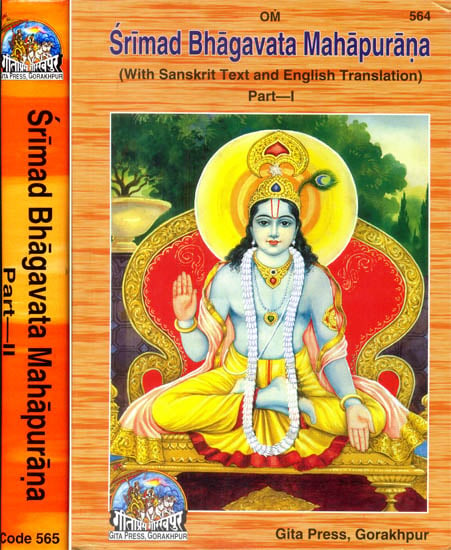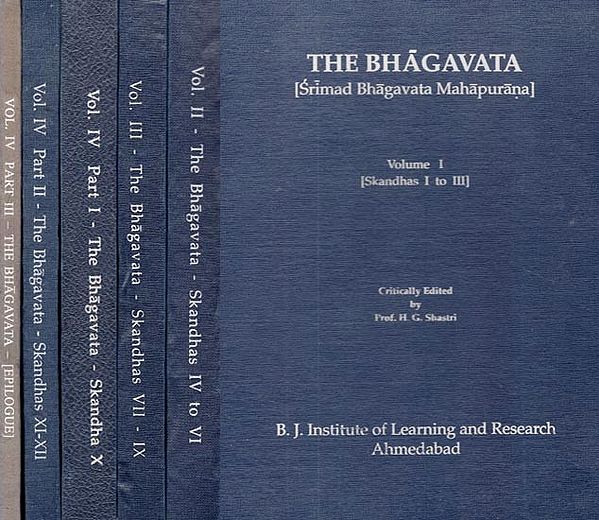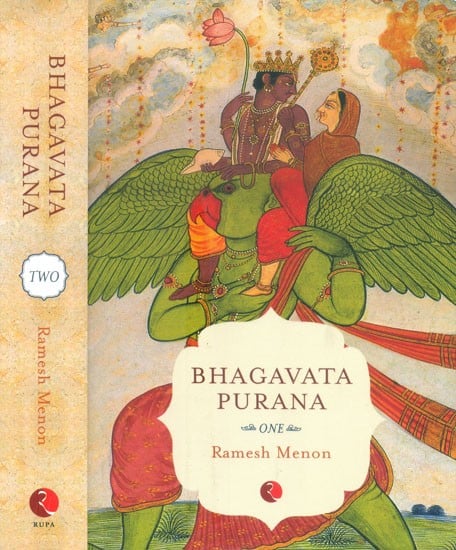Exploring the Sacred Texts of Hinduism's Devotional Sect: The Shrimad Bhagavatam
Hinduism is a religion that has a deep reverence for its sacred texts. One such text that holds great importance in the devotional sect of Hinduism is the Shrimad Bhagavatam. Also known as the Bhagavata Purana, this Hinduism holy book is considered to be one of the most important scriptures.
Traditionally attributed to the sage Vyasa, who is renowned as the compiler of the Vedas and other important Hindu texts, the Shrimad Bhagavatam is believed to have been composed around the 9th or 10th century CE. However, its oral traditions and teachings have been passed down for centuries before its written form.
Consisting of twelve books, known as Cantos or Skandhas, the Bhagavata Purana contains a total of eighteen thousand verses. Its primary focus lies on the divine pastimes, teachings, and incarnations of Lord Krishna, who is revered as the supreme deity and embodiment of love and devotion in Hinduism. Devotees seek to deepen their spiritual connection with the divine through these stories and teachings.
The Shrimad Bhagavatam explores a wide range of themes and subjects, including cosmology, mythology, philosophy, ethics, devotion, and the path to spiritual liberation. It delves into the nature of the universe, different realms of existence, and the interactions among gods, sages, and demons. The text also presents philosophical concepts like dharma (righteousness), karma (actions and their consequences), and moksha (liberation from the cycle of birth and death).
A significant aspect of the Shrimad Bhagavatam is its emphasis on bhakti, which signifies intense devotion and love for the divine. It encourages devotees to foster a personal relationship with God through various devotional practices such as singing hymns, chanting mantras, and selfless service.
The stories and teachings within the Shrimad Bhagavatam are highly revered by followers of Vaishnavism, a major sect of Hinduism that worships Lord Vishnu and his avatars, particularly Lord Krishna. It is often recited and studied in temples, ashrams, and homes to deepen spiritual understanding, nurture devotion, and attain spiritual liberation.






Comments
Post a Comment